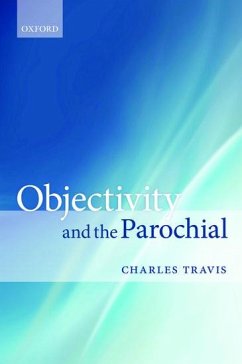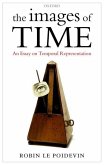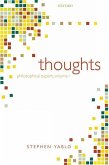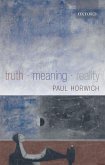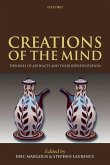Thought, to be thought at all, must be about a world independent of us. But thinking takes capacities for thought, which inevitably shape thought's objects. What would count as something being green is, somehow, fixed by what we, who have being green in mind, are prepared to recognize. So it can seem that what is true, and what is not, is not independent of us. So our thought cannot really be about an independent world. We are confronted with an apparent paradox. Much philosophy, from Locke to Kant to Frege to Wittgenstein, to Hilary Putnam and John McDowell today, is a reaction to this paradox. Charles Travis presents a set of eleven essays, each working in its own way towards dissolving this air of paradox. The key to his account of thought and world is the idea of the parochial: features of our thought which need not belong to all thought.
Hinweis: Dieser Artikel kann nur an eine deutsche Lieferadresse ausgeliefert werden.
Hinweis: Dieser Artikel kann nur an eine deutsche Lieferadresse ausgeliefert werden.

